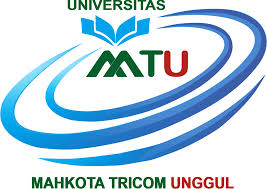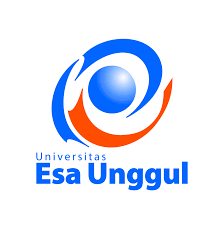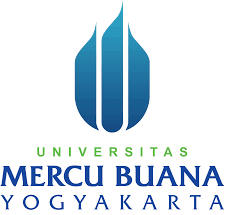Strategy to Strengthen Tax Supervision and Transparency in the Nickel Mining Sector to Maintain National Economic Resilience
DOI:
https://doi.org/10.55927/fjas.v4i7.241Keywords:
Strategy, Supervision, Tax Transparency, Nickel Mining Sector, National Economic Resilience, Strategy, Supervision, Tax Transparency, Nickel Mining Sector, National Economic ResilienceAbstract
The purpose of this study is to analyze the Strategy for Strengthening Tax Supervision and Transparency in the Nickel Mining Sector to Maintain National Economic Resilience. The method used is qualitative with systematic literature review. The results show that the Ends–Ways–Means Approach is an effective strategic framework in designing and implementing solutions to the sector's governance problems. The strategic goals (ends) to be achieved include three main aspects: increasing state revenue from the nickel sector up to Rp 5-10 trillion per year, reducing tax avoidance practices by 30-40 percent, and building transparent and accountable fiscal governance. This goal is not only aimed at strengthening the country's fiscal position, but also to encourage justice in the distribution of natural resource benefits to all Indonesian people.
References
Allingham, M. G., & Sandmo, A. (1972). Income tax evasion: A theoretical analysis. Journal of Public Economics, 1(3–4), 323–338. https://doi.org/10.1016/0047-2727(72)90010-2.
Antara News. (2024, July 22). Indonesia to gain Rp10 tln from tin, nickel inclusion into Simbara. Antara News. https://en.antaranews.com.
Arens, A. A., Elder, R. J., & Beasley, M. S. (2017). Auditing and Assurance Services: An Integrated Approach (16th ed.). Pearson.
Auty, R. M. (1993). Sustaining Development in Mineral Economies: The Resource Curse Thesis. Routledge.
Fischer, C. M., Wartick, M., & Mark, M. M. (1992). Detection probability and taxpayer compliance: A review of the literature. Journal of Accounting Literature, 11, 1–46.
Handra, H. (2019). National Economic Resilience and Its Challenges in the Era of Globalization. Journal of Defense and National Defense, 9(3), 15–32.
Kaufmann, D., Kraay, A., & Zoido-Lobatón, P. (1999). Governance Matters (World Bank Policy Research Working Paper No. 2196). World Bank.
Kirnanda, M. D., Suryarini, T., & Anita, N. (2023). Tax avoidance of mining sector companies registered on the Indonesia Stock Exchange. Jurnal Akuntansi, 14(3), 265–275. https://doi.org/10.33369/jakuntansi.14.3.265-275.
Luhut B. Pandjaitan. (2025, January 15). Simbara's Implementation Encourages Up To 40 Percent State Revenue. VOI. https://voi.id.
Mardiasmo. (2018). Public Sector Accounting.
Moore, M. (2008). Between coercion and contract: Competing narratives on taxation and governance. In D. Brautigam, O.-H. Fjeldstad, & M. Moore (Eds.), Taxation and State-Building in Developing Countries (pp. 34–63). Cambridge University Press.
Musgrave, R. A., & Musgrave, P. B. (1989). Public Finance in Theory and Practice (5th ed.). McGraw-Hill.
National Institutes of the Republic of Indonesia. (2014). National Resilience as a Strategic Concept of the Nation. National Resilience Institute of the Republic of Indonesia.
PWYP Indonesia & Swandiri Institute. (2014). Transparency in Mining Governance. PWYP Indonesia.
Reuters. (2024, July 22). Indonesia launches nickel, tin online tracking system. Reuters. https://reuters.com.
Downloads
Published
Issue
Section
License
Copyright (c) 2025 Arief Isti Pramusinta, Ivan Yulivan, Jubaedah Jubaedah

This work is licensed under a Creative Commons Attribution 4.0 International License.


























